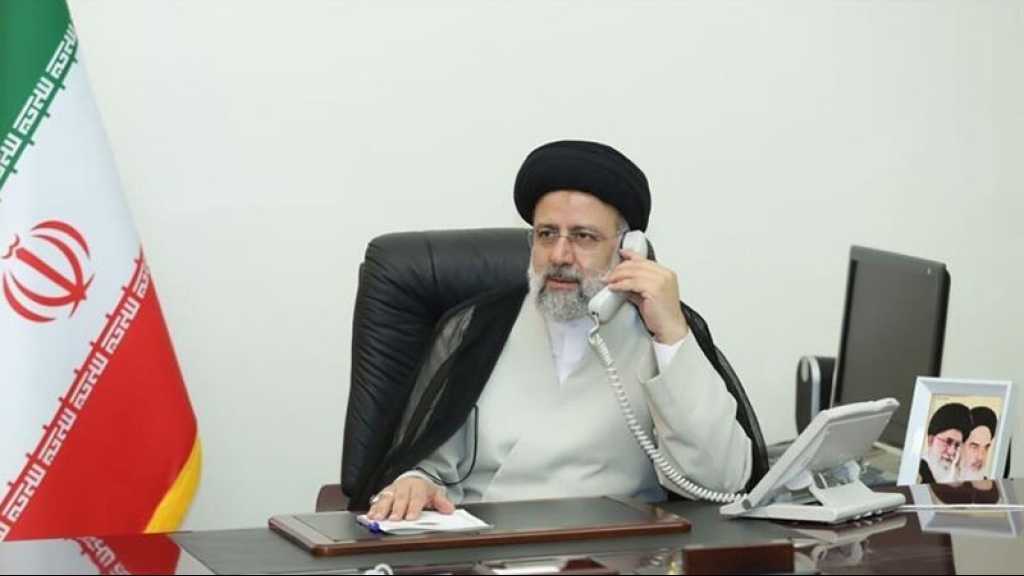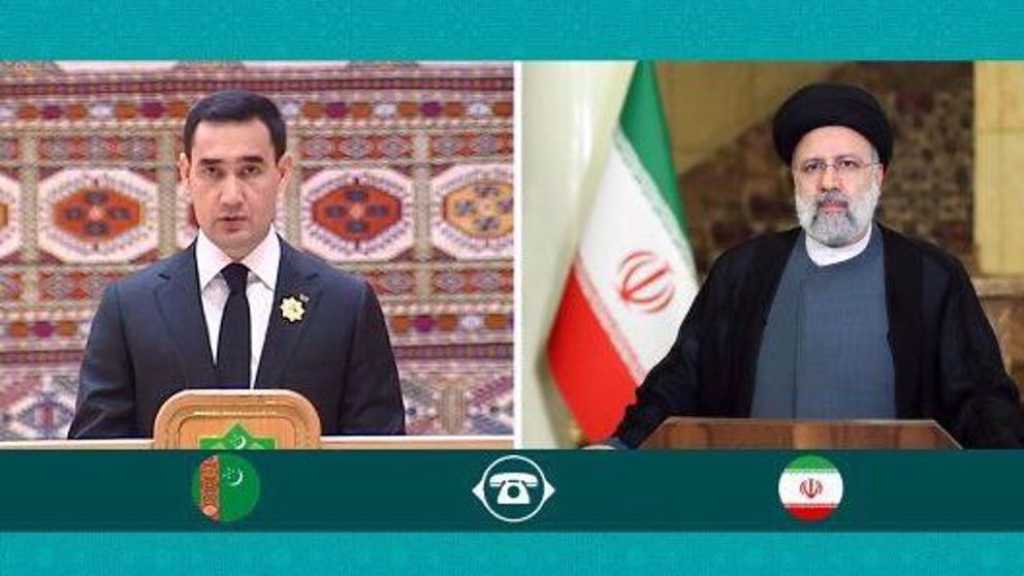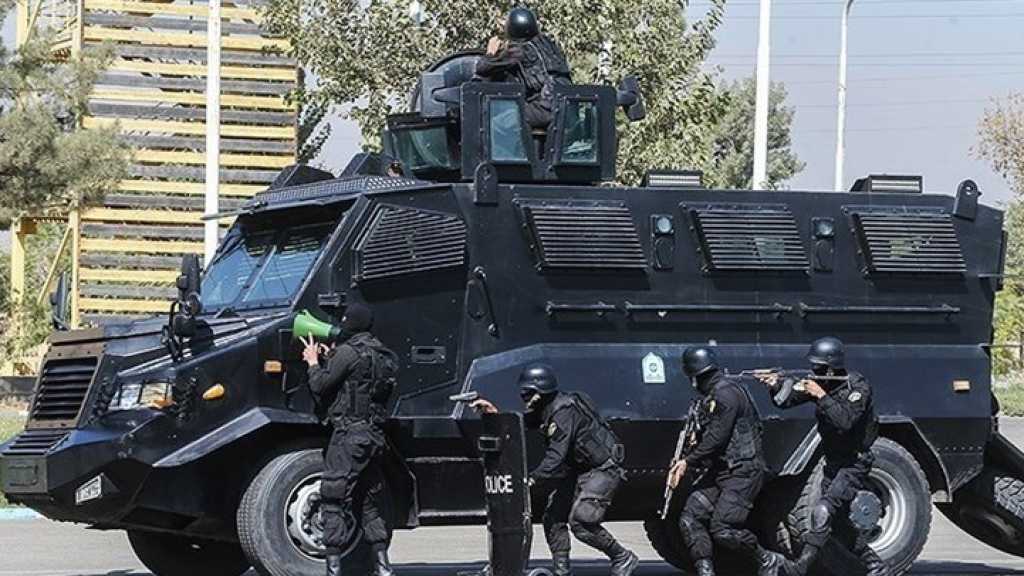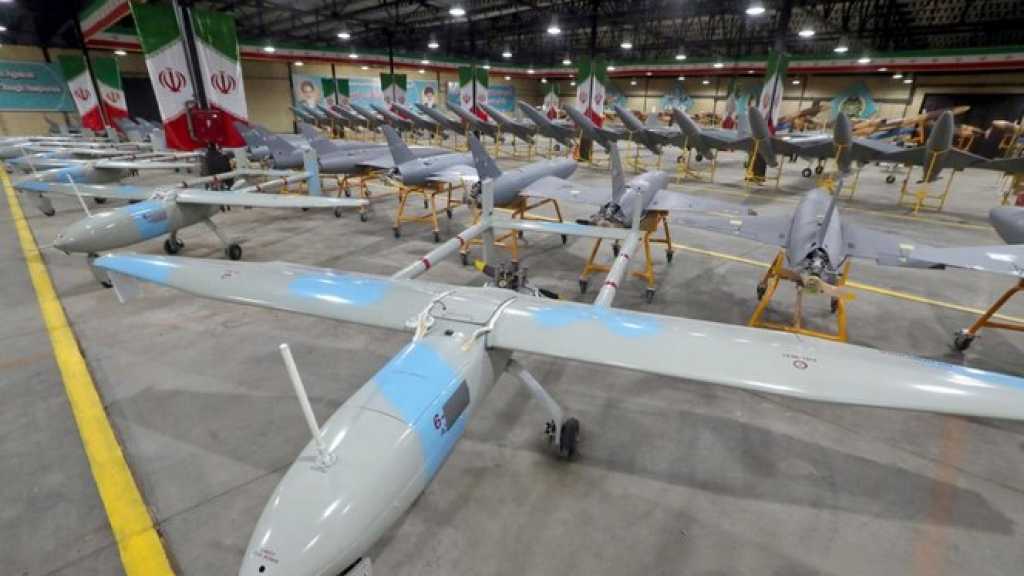
Iran Starts Injecting Gas into Advanced IR-6 Centrifuges
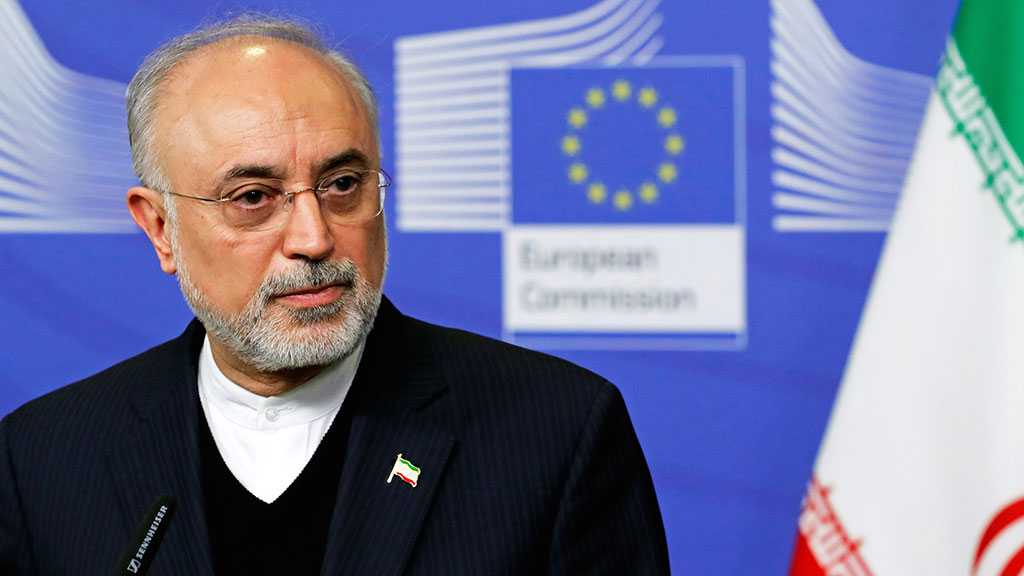
By Staff, Agencies
Iran has officially started injecting gas into advanced IR-6 centrifuges through a ceremony at Natanz Nuclear Facility, which was attended by Head of the Atomic Energy Organization of Iran [AEOI] Ali Akbar Salehi.
Addressing reporters following the Monday ceremony, Salehi said, “Today, we will have three symbolic inaugurations, one of which is making operational a 30-machine cascade of IR-6 centrifuges,” which are used to enrich uranium.
Noting that Iran had already launched a 20-machine cascade on April 9, Salehi added, “At the present time, we have 60 IR-6 centrifuge machines, every one of which has a capacity of 10 SWU [separative work units] that increased the existing [uranium enrichment] capacity by a total capacity of 600 SWU.”
“This is a place for research and development. The number of centrifuges installed at this place in a matter of two months is 15 new-generation centrifuges, which is a great achievement… Our colleagues at the AEOI have been always active and if they had slowed down their activities, we would not have been able to add 2,600 SWU [of enrichment capacity] to the capacity that we already had," the Iranian nuclear chief added.
He noted that Iran started manufacturing IR-6 machines in 2009 and unveiled the first sample a year later, saying, “About nine years have passed since the first machine of this type was unveiled and we worked for five years on this machine before the conclusion of the JCPOA [the nuclear deal, officially known as the Joint Comprehensive Plan of Action].”
US President Donald Trump is a stern critic of the nuclear accord, which was clinched by Iran and the five permanent members of the UN Security Council plus Germany in 2015. Under the agreement, nuclear-related sanctions against Iran were lifted in exchange for curbs on Tehran's nuclear program.
Trump unilaterally withdrew the US from the deal in May 2018 and unleashed the "toughest ever" sanctions against the Islamic Republic in defiance of global criticism in a bid to strangle the Iranian oil trade.
In response to the White House, Tehran has so far rowed back on its nuclear commitments three times in compliance with Articles 26 and 36 of the JCPOA, stressing that its retaliatory measures will be reversible as soon as Europe finds practical ways to shield the mutual trade from the US sanctions.
Elsewhere in his remarks, the AEOI head said, “At present, our [enrichment] capacity stands at 8,600 SWU and our uranium production has increased from about 450 grams before we took the third step [to reduce our commitments under the JCPOA] to more than 5,000 grams per day.”
Salehi said before the conclusion of the JCPOA, Iran's operational capacity stood at 11,000 SWU, noting, “After taking the third step, it took us only two months to reach the capacity of 8,600 SWU.”
He added that Iran currently possesses about 500 kg of enriched uranium, which is not limited to 4.2-percent enriched uranium and “we are currently adding 5,000 grams to it per day.”
In June 2018, Leader of the Islamic Revolution His Eminence Imam Sayyed Ali Khamenei ordered the AEOI to make preparations for enrichment of uranium up to a level of 190,000SWU without any delay.
“It seems from what they say that some European governments expect the Iranian nation to both put up with sanctions and give up its nuclear activities and continue to observe limitations [on its nuclear program]. I tell those governments that this bad dream will never come true,” the Leader said.
The European Union said on Monday it will remain committed to the nuclear deal as long as Iran fulfills its commitments, urging Tehran to reverse the steps it has taken.
Maja Kocijancic, spokesperson for the European Commission, said that the 28-nation bloc "took note" of Iran's announcement about increasing its enriched uranium production but would wait for confirmation by the International Atomic Energy Agency [IAEA] before responding.
"We have continued to urge Iran to reverse such steps without delay and to refrain from other measures that would undermine the nuclear deal," Kocijancic told reporters in Brussels, saying the EU "remained committed" to the nuclear deal.
"But we have also been consistent in saying that our commitment to the nuclear deal depends on full compliance by Iran," she added.
"We have been consistently expressing our concerns since we believe that the JCPOA should be preserved, it's a matter of our security, not just the region or Europe but globally," she pointed out.
Germany also reacted to Iran's announcement on Monday, with the country's foreign minister urging Tehran to return to the original accord.
"Iran has built very advanced centrifuges, which do not comply with the agreement," Foreign Minister Heiko Maas was quoted by Reuters as telling a news conference in response to a question about the announcement.
"They have announced in early September that they would not comply with the nuclear accord and we think this is unacceptable," he added.
